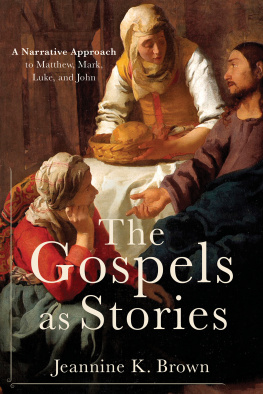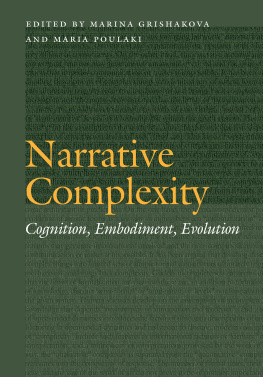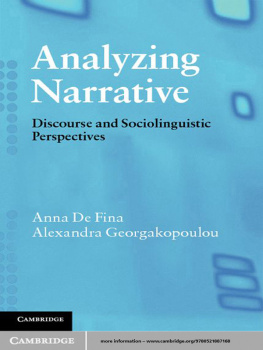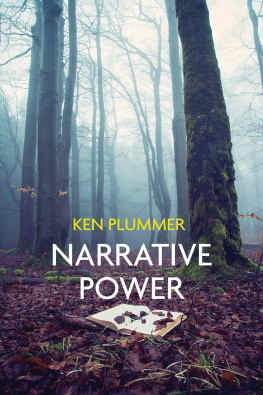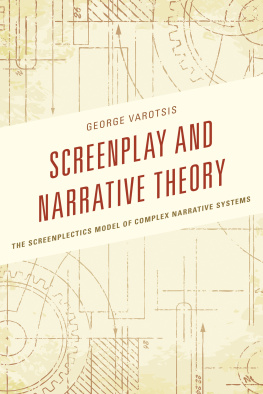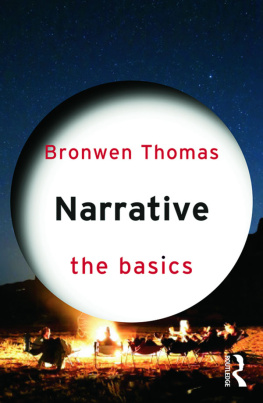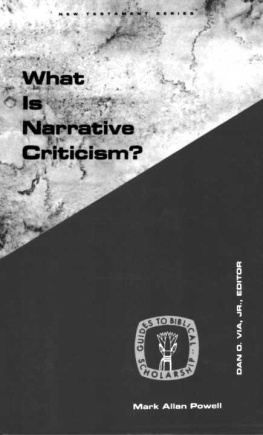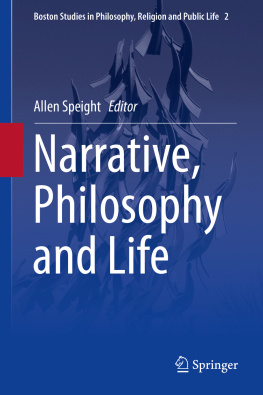




FRESH, FUEL & THE FATE OF 3 BILLON
THE STATE OF THE ENERGY IMPOVERISHED
GAUTAM N. YADAMA
PHOTOGRAPHS BY MARK KATZMAN
WITH CONTRIBUTIONS FROM
Pratim Biswas, Brent Williams, Tiffany Knight, Nishesh Chalise,
Mario Castro, and the Foundation for Ecological Security, India


Oxford University Press is a department of the University of Oxford. It furthers the Universitys
objective of excellence in research, scholarship, and education by publishing worldwide.
Oxford New York
Auckland Cape Town Dar es Salaam Hong Kong Karachi
Kuala Lumpur Madrid Melbourne Mexico City Nairobi
New Delhi Shanghai Taipei Toronto
WITH OFFICES IN
Argentina Austria Brazil Chile Czech Republic France Greece
Guatemala Hungary Italy Japan Poland Portugal Singapore
South Korea Switzerland Thailand Turkey Ukraine Vietnam
Oxford is a registered trademark of Oxford University Press in the UK and certain other countries.
PUBLISHED IN THE UNITED STATES OF AMERICA BY
Oxford University Press
198 Madison Avenue, New York, NY 10016
OXFORD UNIVERSITY PRESS 2013
All rights reserved. No part of this publication may be reproduced, stored in a retrieval system, or transmitted, in any form or by any means, without the prior permission in writing of Oxford University Press, or as expressly permitted by law, by license, or under terms agreed with the appropriate reproduction rights organization. Inquiries concerning reproduction outside the scope of the above should be sent to the Rights Department, Oxford University Press, at the address above.
You must not circulate this work in any other form, and you must impose this same condition on any acquirer.
EDITORIAL DIRECTION AND DESIGN BY
TOKY (toky.com); typeset in the Odile, National, and Knockout type families; printed on
Mohawk Options 100PC White Smooth; produced in an edition of 1,250.
LIBRARY OF CONGRESS CATALOGING-IN-PUBLICATION DATA
Yadama, Gautam N.
Fires, Fuel, and the Fate of 3 Billion: The State of the Energy Impoverished / Gautam N. Yadama; photographs by Mark Katzman.
Pages cm
Includes bibliographical references.
ISBN 978-0-19-933667-8
1. Poor familiesIndia. 2. FuelIndia. 3. Household appliancesEnergy conservationIndia.
4. Sex roleIndia. 5. WomenIndiaSocial conditions. I. Title.
HC440.P5Y33 2013
333.79630954dc23
2013017004
9 8 7 6 5 4 3 2 1

Printed in China on acid-free paper

For Y.S. Rao (Yadama Sudhakara Rao)
AUTHORS NOTE
This book has two primary parts: first, a central essay outlining the issue of energy impoverishment, using India as a case study to convey the predicament of 3 billion people on this planet; and second, a series of five narratives that documents how this complex issue is at play in the lives of individual communities in different parts of India. Decisions, alternatives, and livelihoods in these narratives illustrate why energy choices are an outcome of interacting forces from within and outside the command of the energy poor.
As this book is a call for a more transdisciplinary approach, throughout you will see occasional sidebars providing insights by experts in their fields (ecology and engineering, for example). The endnotes for all sources are listed after the Epilogue, numbered and categorized by book section.
Mark Katzmans photographs, which vividly illustrate each part of this book, were taken during 2011 and 2012 in many of the same communities in which my research, in collaboration with the Foundation for Ecological Security, has been unfolding during the past half-decade.
Thank you. G.Y.
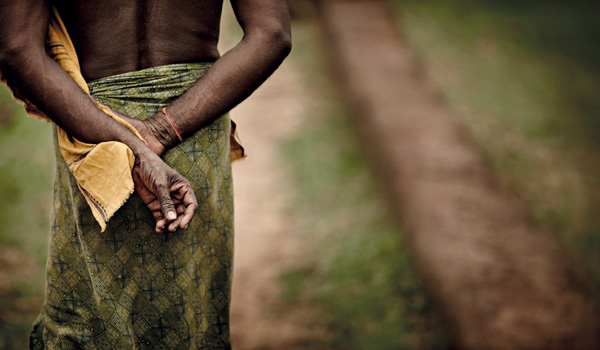
CONTENTS
The Energy Impoverished:
Seeking a Greater Understanding
of a Complex and Wicked Problem
Narrative One: Women, Wood & Burning
Patchwork Lives in the Satkosia Gorge
Narrative Two: Land & Living
The Paradox of Kutch
Narrative Three: Stalled by Tradition
Energy on the Islands of Brahmaputra
Narrative Four: Cause & Effect
Feedback Loops in Andhra Pradesh and Rajasthan
Narrative Five: Searching for Agency
The Power of People and Communities
Energy is essential for development.
As UN Secretary-General Ban Ki-moon has often said, Energy is the golden thread that connects economic growth, increased social equity, and an environment that allows the world to thrive. Access to modern energy services is a prerequisite to the achievement of all of the Millennium Development Goalsfrom supporting a childs education and reducing maternal and child mortality to improving agriculture, fostering gender equality, and enhancing environmental sustainability.
This book illustrates how access to modern energy services can transform peoples lives in households and communities around the world. The stories told here are not unique to the Indian context. They are representative of the struggles faced by so many families across the globe. Currently, nearly 3 billion people lack access to clean-cooking solutions, and the smoke from their fires and kerosene-based lighting contributes to indoor air pollution that kills millions of women and children annually. Their lack of modern energy services has a profoundly negative impact on their environment, their economy, and even their safety. Fires, Fuel, and the Fate of 3 Billion personalizes this problem and gives it a human face, indeed a womans face, and amplifies the voices of those for whom energy remains a critical need in the second decade of the 21st century.
The UN Secretary-Generals initiative on Sustainable Energy for All (SE4ALL) has adopted universal access to modern energy services in all of its dimensionsclean cooking, electrification, and heatingas one of three global objectives to be reached by 2030. Leading worldwide efforts to enhance access to and adoption of clean-cooking solutions is the Global Alliance for Clean Cookstoves, a public-private partnership of hundreds of organizations led by the UN Foundation. With the outcome document of the Rio+20 Summit stressing the importance of energy services to sustainable development, and the unanimous declaration by UN Member States of a Decade of Sustainable Energy for All, beginning in 2014, energy issuesand their solutionswill rightly be at the forefront of the international sustainable development agenda for years to come.
Next page

